|
with Jayne Besjak Hansel and Gretel Found Guilty (and not)...The trial of Hansel and Gretel Schmidt took place over the course of two class periods, concluding on 12/1. The jury returned a guilty verdict on the charge of criminal mischief and not guilty verdicts on the charges of petty theft and aggravated battery. The defendants now await sentencing... Prosecution and defense teams worked hard to develop sound theories and prepare lines of questioning for their witnesses. Student attorneys are getting the hang of crafting solid opening statements and they are gaining a better understanding of how to thoroughly question witnesses. Students playing the role of witnesses are doing an excellent job of getting into character, with very believable performances. Great job everyone! Below are a few snapshots from the trial. Skills we are working on...We spent some valuable time debriefing after the trial, discussing what worked well and what could have been improved upon. Our jurors provided an explanation of why they reached their verdicts and which arguments they found to be the most logical and compelling. Areas that we felt need further attention:
Et tu, Brute?
I provided a brief overview to put things into context and the students watched a video that summarizes Shakespeare's play, Julius Caesar, to help familiarize themselves with the various individuals involved who will be witnesses for the trial. We read the Statement of Agreed Facts for the case and students chose their roles for the trial. As a reminder, here are the parts that have been assigned: Prosecution Attorneys: Nia, Mary Defense Attorneys: Caleb, Victoria Defense Research: Olivia O. Ghost of Julius Caesar: Fiona Calpurnia: Olivia C. Mark Antony: Lauren Cassius: Ellen Portia: Sadie Marcus Brutus: John Casca: Maximilian Soothsayer: Ava HOMEWORKWe will spend next class period preparing for the trial, which will take place after our winter break. I encourage you to work together outside of class this week and especially over the break if you have time, so that you may prepare thoroughly for trial.
All Students: 1. Spend some time this week researching Ancient Rome and the Roman Republic during the lifetime of Julius Caesar. HERE is one (of many) links on the topic to get you started. Who was Julius Caesar? Was he well-liked and respected? Was he powerful? Why would members of his own Senate turn against him? What is a republic? 2. Read your own affidavit (if you are a witness) and research your historical figure. Read the other witness affidavits to get an overall understanding of the murder of Caesar and the role that each individual in this trial played. The Affidavits Document Student Attorneys: Think about your theory of the case and what story line and argument you want to develop. Work together if possible this week to communicate your ideas. In class next week you will write opening statements and begin to develop direct examination questions with your witnesses. As always, if you have questions or need guidance, please reach out to me so that I may help direct you. Good Luck! Comments are closed.
|
Categories
All
Archives
May 2016
|

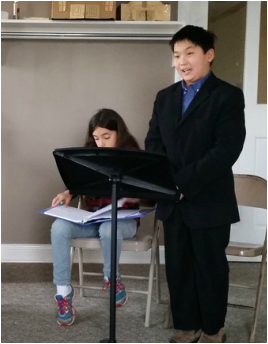
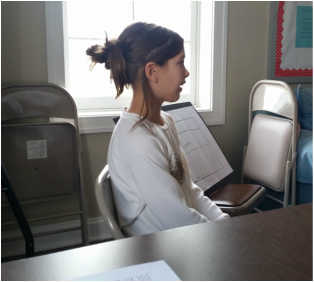
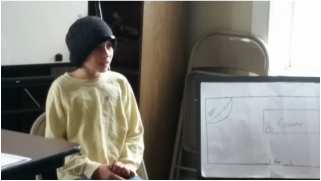
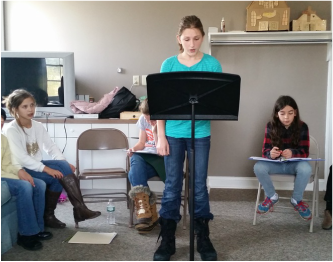
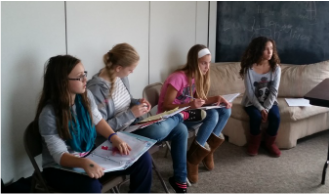
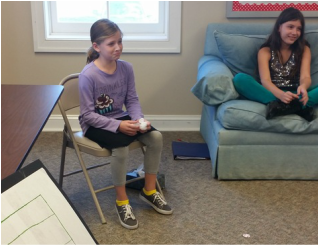
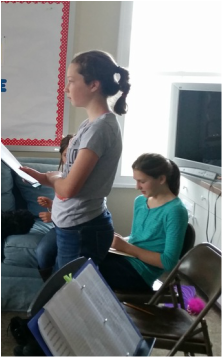
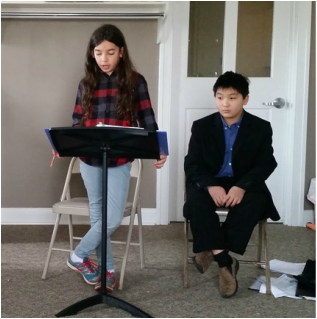
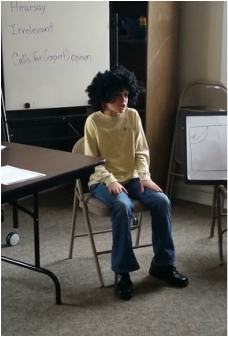
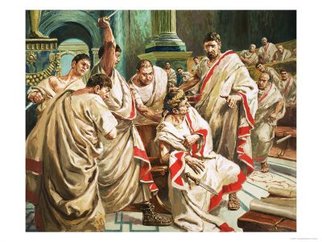
 RSS Feed
RSS Feed